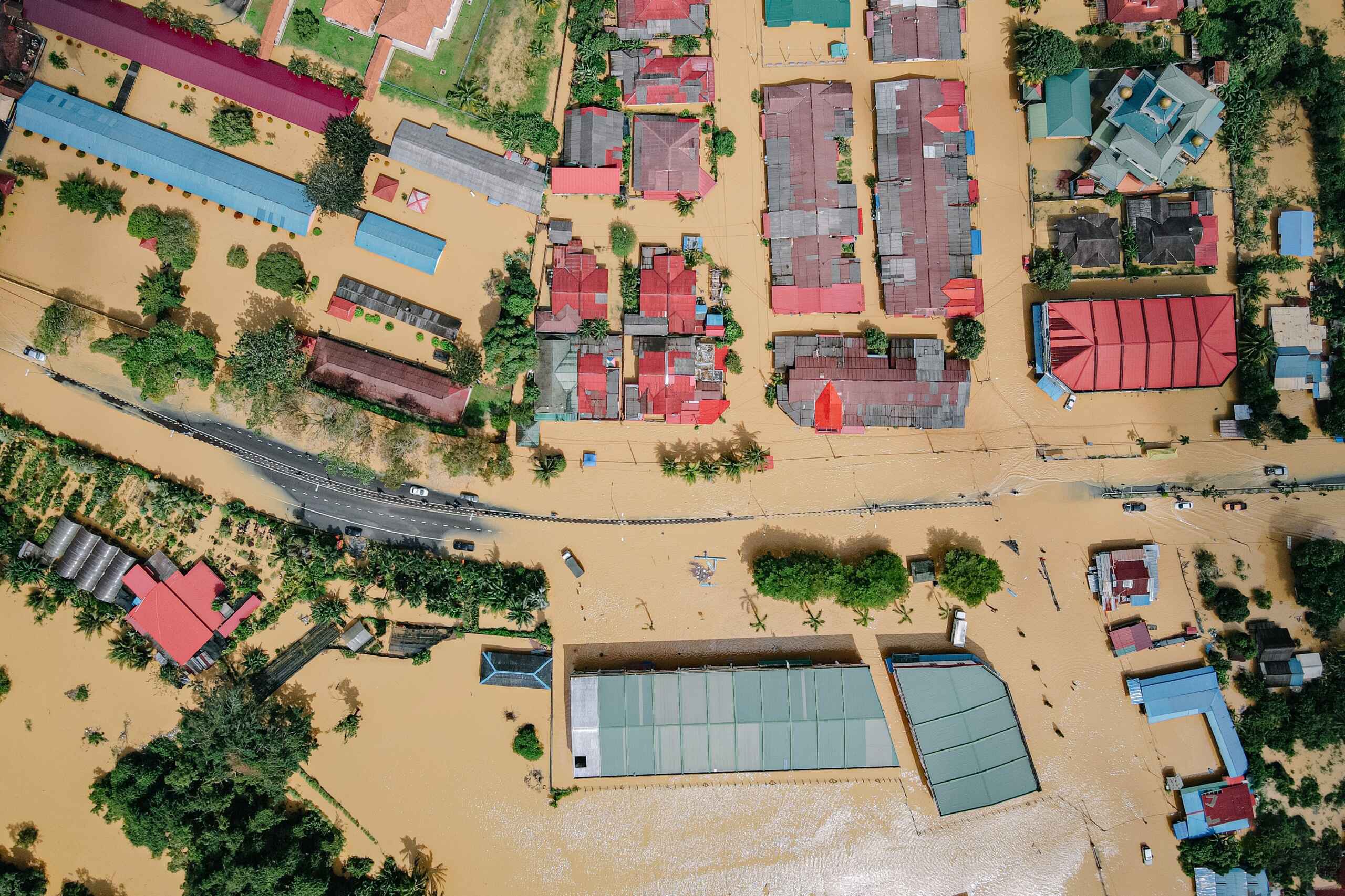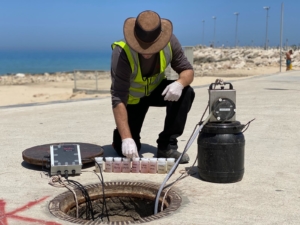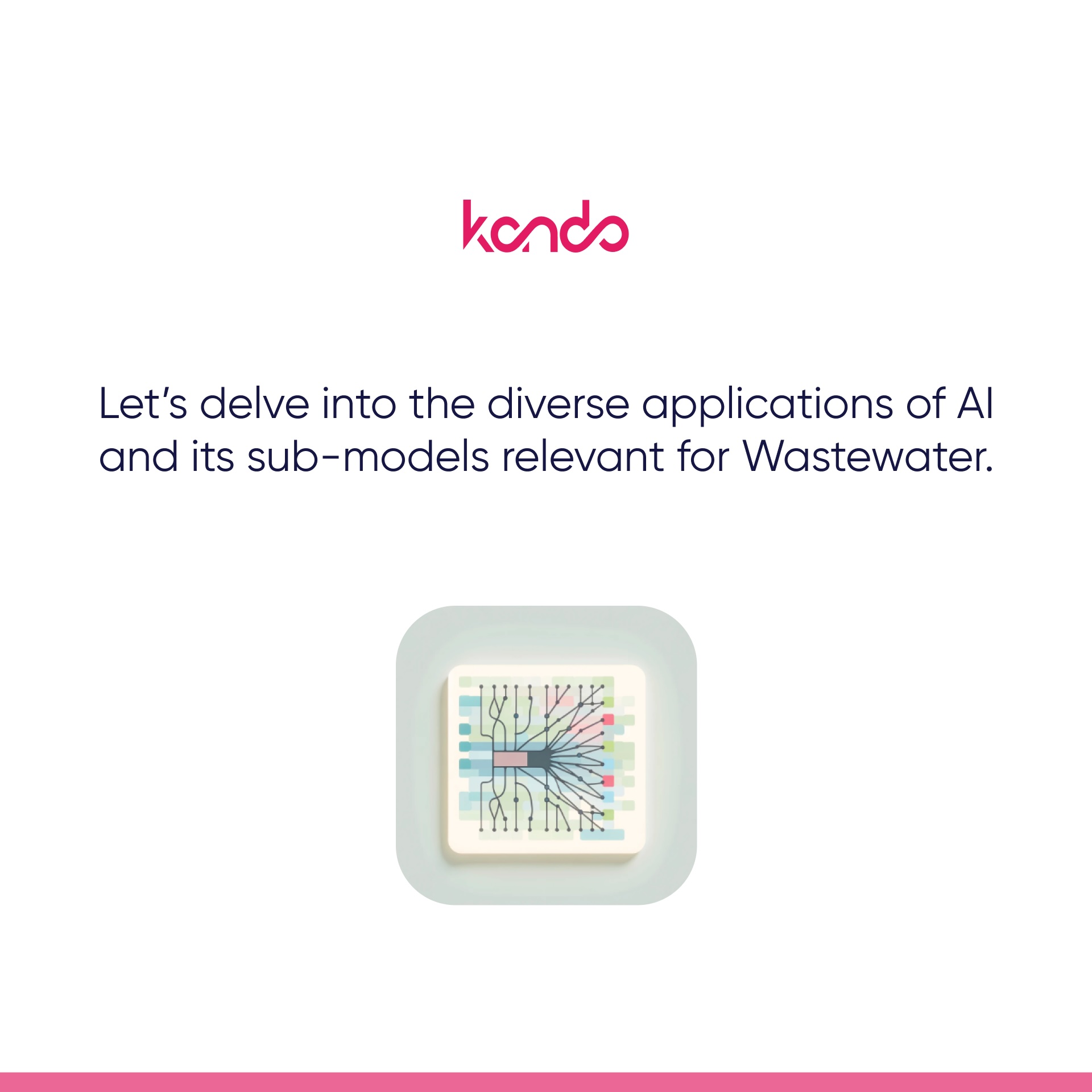Admin
November 23, 2021
Climate and water: No matter how you look at it, we’ve got to think smarter

Whether you think water challenges form part of the wider climate crisis, or see questions of climate as aspects of broader questions about water, no one approach will solve all our problems. There’s no magic bullet. We have to think creatively across the board, even about the waste we flush out of sight.
About a week ago, I read a short article putting forward the case that, and here I quote the headline directly, ‘water is bigger than the climate crisis’.
This may sound like just one more instance of unchecked hyperbole from a self-confessed water devotee, but if you stick with him, it’s hard to argue with the author’s reasoning.
When it comes down to it, the climate crisis we’re living through and the challenges that go with it are overwhelmingly dominated by the impact of human actions on the water cycle.
Droughts, storms, sea-level rises, reduced ecological viability, falling agricultural yields, pollution, and all of the myriad ways in which these factors impact both human and environmental health – all have water at their heart.
Water issues go far beyond the usual fare of climate conversations, but if we’re to get our response to climate change right, how we manage our impact on the water cycle will take centre stage.
Water’s climate challenges
Prior to COP26, global leaders and U.N. agencies met in Geneva to for a ‘water and climate coalition’ to promote a shared approach to water resource management.
Decades’ worth of data shows that the level of fresh surface water on earth has been dropping by around a centimetre each year, with huge ramifications for water availability.
The simple fact is, as anthropogenic climate change accelerates, so consumable water resources will continue to decline.
In those places where water resources will dwindle, scarcity issues are inevitable and all but self-explanatory. Even in areas where rainfall will increase due to higher temperatures, volumes of water available for consumption will likely decline as contamination from runoff intensifies.
These are not tomorrow’s problems. Billions of people are already living in significantly wetter or dryer environments than they were even a decade ago.
As much as stemming the tides of change should be our goal and our priority, dealing with the impacts of changes already realised must share our attention.
Making the most of what we have
The water that is available to us today will only be available to us tomorrow if we handle it with care. Recognising the continued value of water resources even after we’re seemingly ‘done’ with it is vital if we’re to weather the storms already breaking overhead.
Managing our wastewaters effectively must form part of our climate adaptation actions; by improving our oversight and understanding of the waste streams we produce we arm ourselves to achieve several positive outcomes at a stroke.
Identifying when and where highly contaminated wastewaters enter collection systems and watercourses means contamination can be traced to where it’s coming from and actions taken to improve wastewater quality at source.
Knowing when and how waste streams are contaminated means treatment teams can adjust their processes to better handle the influent when it arrives, protecting vital infrastructure, and ensuring effective treatment in spite of any unanticipated pollution.
With better, more consistent wastewater quality, comes more water available for reuse, bolstering water availability for everything from irrigation and industrial processes to human consumption.
A smarter approach

Advanced, data-driven insights into wastewater quality can support improved environmental and public health, and enhance water availability.
The headlines as COP26 closed may have been dominated by how we’re to manage our insatiable appetite for energy, but as hungry as we are for fuels to burn, our thirst cannot go unchecked.
Technologies that help us make the most of available water resources are improving day by day, and the operational support those solutions can bring is more accessible than ever.
Improved wastewater management is not the only answer to the challenges we face, but it must form part of our response.
We can argue about how we should frame the climate crisis all we like; the issues remain the same. No matter how you look at it, water scarcity is of vital concern to us all and needs urgent attention.
Cleaner wastewater and more effective reuse are not the whole answer – far from it – but maximising the resources we have and treating them with a care that reflects their value is a vital step, and one we already have the wherewithal to take.
If we’re smart and apply the right solutions to the right questions, the water we’re using today can be available again tomorrow; part of our solutions at least as much as our concerns.
Your wastewater contains the data.
We just need to extract it so that you can optimize your operations.
Contact us and a member of our team will get back to you as soon as possible.



